Earth Sends its SOS
especiales
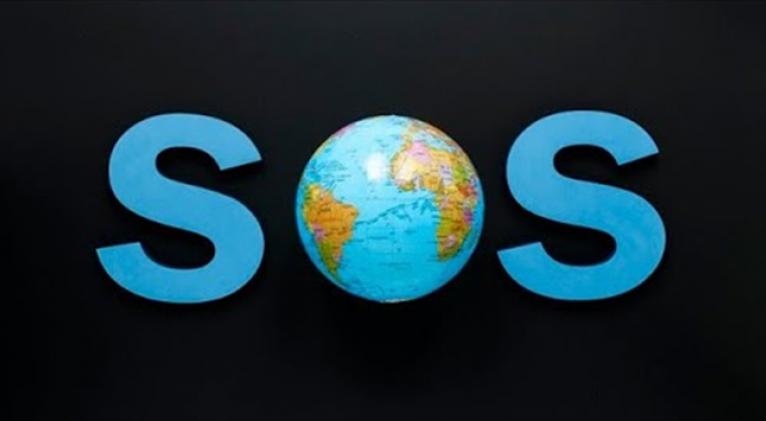
2023 was the warmest year on the planet ever recorded. The global average near-surface temperature was 1.45°C above pre-industrial levels.
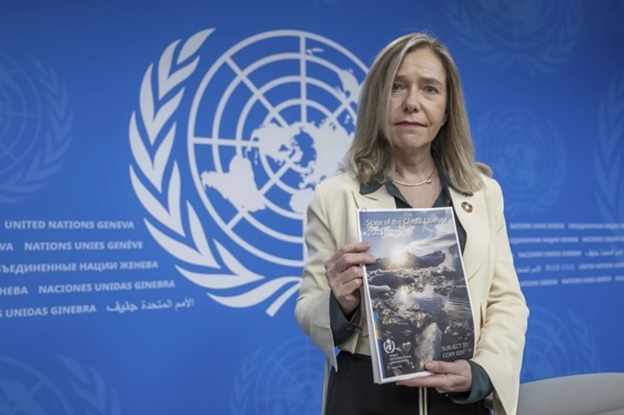
This is reflected in a new report from the World Meteorological Organization (WMO) published just days ago and whose data is alarming.
No wonder Celeste Saulo stated in Geneva when releasing that document to the press: "As secretary general of the World Meteorological Organization, I am sounding the alarm about the state of world climate."
And if the past is already scary, what’s coming doesn't look any better. The UN warns about the "high probability" that record temperatures will also be recorded in 2024, making the current year the hottest in history.
In this regard, the Secretary General of the UN, António Guterres, stated that the planet is "on the verge", while he asked leaders to undertake urgent and radical actions to "avoid the worst."
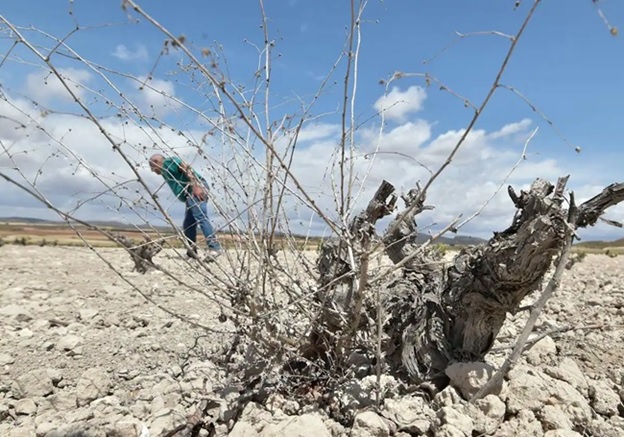
"The Earth is making a call for help. The latest State of Global Climate report shows a planet on the edge," said the senior manager.
Reasons for a send for help
For more than half a century, humanity has known about climate change and its threats thanks to scientific work, but it has already missed many opportunities.
If not for the present, at least for the generations to come, they should have already taken action on the matter in the most committed and responsible way.
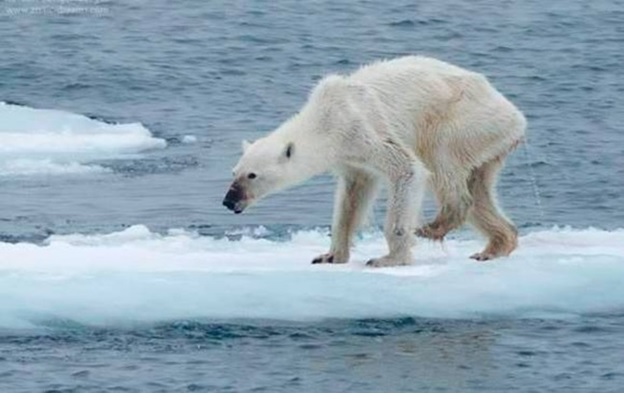
The reasons for urgency are more than evident and public:
- More than 90% of the oceans suffered heat waves last year with a serious negative impact on marine ecosystems and coral reefs.
- Glaciers suffered the largest ice loss on record since 1950, with extreme melting in both western North America and Europe
- In particular, the loss of Antarctic sea ice last year was the lowest known: one million square kilometers less than in 2022, also a record in this order. The mass of ice lost is equivalent to the size of France and Germany combined.
- Concentrations of the three main greenhouse gases (carbon dioxide, methane, and nitrous oxide) continued to increase last year, surpassing the record levels of 2022
- Added to the retreat of glaciers appears the acidification of oceans and the rise in sea level
-Heat waves, floods, droughts, forest fires and the rapid intensification of tropical cyclones sow desolation and uncertainty, affecting the lives of millions of people and causing multi-million dollar economic losses globally.
The worst sides of tragedy
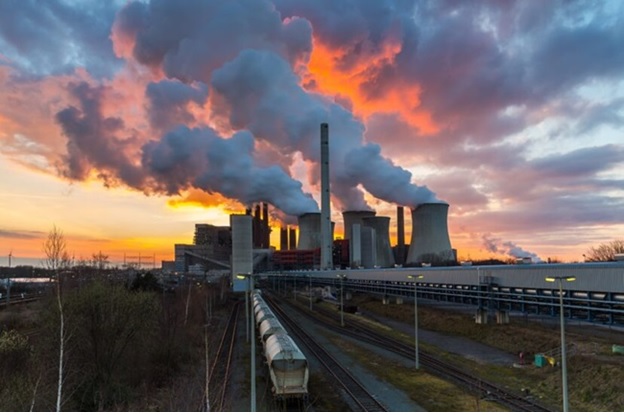
Without a doubt, the climate crisis is one of the greatest challenges humanity faces today, and the worst thing is that it brings with it an accentuation of inequalities.
It threatens resilience and generates new risks among already most vulnerable populations.
Thus, food insecurity, lack of drinking water, population displacement, and increased morbidity and mortality are accentuated.
Just on the issue of food insecurity, it should be remembered that today the number of those suffering from acute food insecurity around the world reached around 333 million people last year.
Despite so much cataclysm, the UN and other international entities do not give up optimism.
The WMO, for example, is committed to the generation of renewable energy, driven above all by the dynamic forces of solar radiation, wind and water.
They base their hopes on the fact that, for example, last year the use of these energies almost doubled compared to 2022.
In his message, broadcast on video regarding the presentation of the WMO report, Guterres himself focused on offering alternatives "to avoid the worst of climate chaos."
He insisted on varying "the speed of climate change with radical climate action." To this end, he also urged to accelerate the end of the era of fossil fuels and promote the so often invoked energy transition.
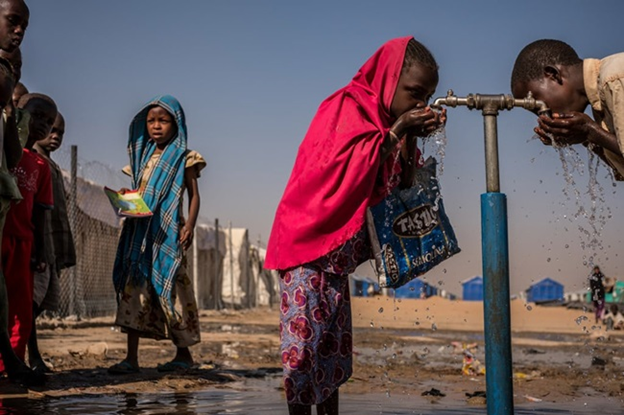
He spoke of establishing national climate plans before 2025 and financing climate protection in developing countries, as well as establishing, before 2027, an "early warning" system that protects the entire Earth's population, and provide resources that he called significant the new damage and loss funds.
"There’s still time to throw a lifeline to the people and the planet, and leaders must step up and act now," he emphasized.
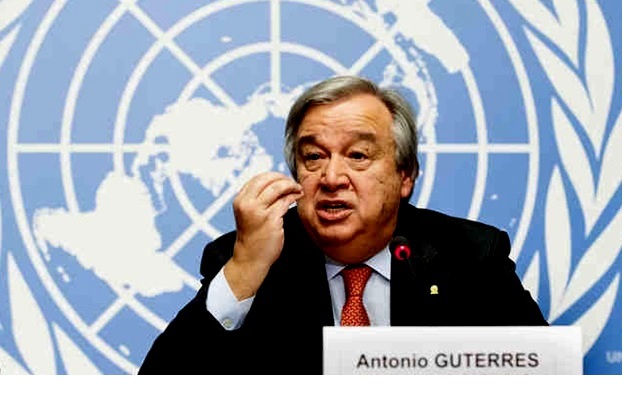
But good will alone are not enough to achieve these necessary changes in the ways of life of nations and families.
We need the resources mentioned by the Secretary General of the UN, and many others, which are precisely possessed by those who pollute the most and threaten the planet.
Translated by Amilkal Labañino / CubaSí Translation Staff














Add new comment